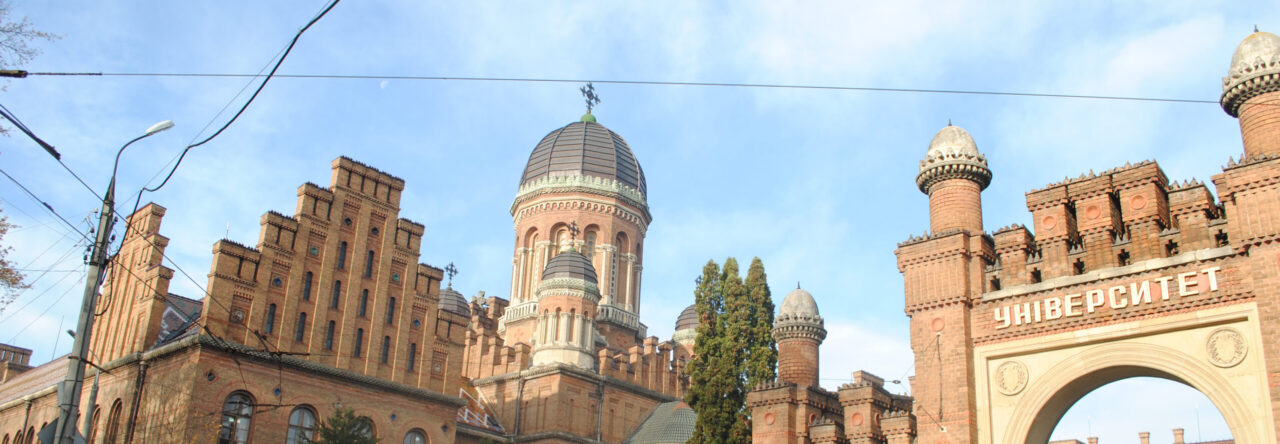The European Union has announced tougher action on halting science cooperation with Russia, moving from suspending ties and payments to terminating grant agreements and subsequent payments to Russian bodies or related organisations.
No new contracts or agreements with Russian public bodies or related entities will be concluded under these programmes.
This will mean termination of participation of Russian bodies in the EU’s flagship €95.5 billon (US$104 billion) research and innovation funding programme Horizon Europe, its predecessor Horizon 2020, and Euratom, as well as Erasmus+, the student and staff study and exchange programme.
The measures are a step up from suspending payments, which was announced on 4 March.
The new announcement was made on the day that Russian forces were accused of mounting an air strike on a train station in the eastern city of Kramatorsk, where 4,000 civilians were gathered to evacuate by train, killing at least 50 people.
It also came on the day that European Commission President Ursula von der Leyen arrived in Ukraine, visiting Bucha before meeting Ukrainian President Volodymyr Zelensky in Kyiv, and the research sanctions were part of a wide raft of other measures announced in the fifth package of sanctions against Russia and entities with ties to President Vladimir Putin’s government.
“Today’s agreement builds on the wide-ranging and unprecedented packages of measures the EU has been taking in response to Russia’s aggression against Ukraine’s territorial integrity and mounting atrocities against Ukrainian civilians and cities,” the European Commission said in a statement.
“As guardian of the EU Treaties, the European Commission is in charge of monitoring the enforcement of EU sanctions across the Union. The EU stands united in its solidarity with Ukraine and will continue to support Ukraine and its people together with its international partners, including through additional political, financial and humanitarian support.”
The new restrictions on research cooperation, unveiled in a statement by Mariya Gabriel, European Commissioner for innovation, research, culture, education and youth, on Friday, include the termination of participation of Russian public entities or bodies in Marie Sklodowska-Curie Actions (MSCA).
However, MSCA fellowships and European Research Council principal investigator grants to Russian individuals “will in principle remain possible, keeping a thorough screening against the EU sanctions list”.
Gabriel has also demanded termination of participation of Russian public entities or bodies in all ongoing and future Erasmus+ actions. This includes ending all payments to Russian public bodies or related organisations.
She said that Russian students, scholars and academic staff will remain eligible for short-term exchanges and Russian students and scholars will remain eligible for degree mobility.
“A thorough screening against the EU sanction list will be conducted. Student and staff exchanges towards Russia also remain eligible.”
Similarly, participation of Russian individuals, youth and civil society organisations in Erasmus+ and the European Solidarity Corps youth actions remains, with a thorough screening to be conducted.
“The continued screening of individuals will ensure that no individual on the EU sanctions list is allowed to participate in an Erasmus+ or the European Solidarity Corps action.”
Source: University World News


Comments are closed.